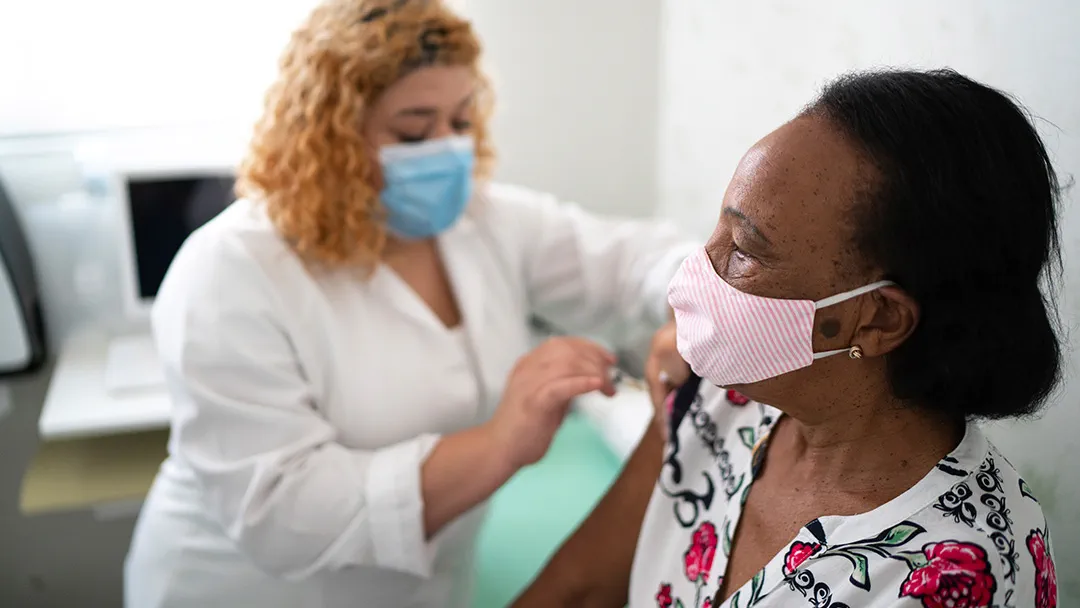You presume that because you received the vaccinations as a child, you are no longer in need of them. This is untrue. Some adults never received any childhood vaccinations, and some adults’ childhoods were during a time when certain vaccines were not yet accessible. Additionally, certain vaccines’ effects diminish over time, increasing a person’s risk of contracting a disease as they get older.
Seniors are more vulnerable to serious illnesses caused by influenza and pneumonia. Before COVID-19 decimated elder care institutions beginning in early 2020, shingles and influenza were the two most prevalent vaccine-preventable infections for seniors (flu).
SPECIFIC VACCINES FOR SENIORS
The CDC has a set of specific recommendations about vaccines for adults age 50 and older. Those recommendations include the following:
- Shingles. Shingles (also called herpes zoster, or zoster) is a painful condition that can cause a skin rash with blisters, fever, headache, chills, and upset stomach. People with shingles commonly develop nerve pain where the rashes appear. Serious cases can turn into pneumonia, hearing problems, blindness, or brain inflammation, or even cause death. The recombinant zoster (shingles) vaccine can prevent the disease. It does have some side effects, like muscle pain, fever, and nausea. But they usually go away after a few days.
- Pneumococcal polysaccharide vaccine (PPSV23). This shot provides protection against bloodstream infections and meningitis. It’s recommended for all adults age 65 and older.
- The pneumococcal conjugate vaccine (PCV13) helps protect against pneumonia and related diseases. It’s recommended for adults who have conditions that weaken their immune systems, have a cerebrospinal fluid leak, or have cochlear implants.
SENIORS AND COVID-19 VACCINES
Seniors are especially vulnerable to COVID-19. The CDC recommends that all eligible adults receive a vaccine for COVID-19.
COVID-19 vaccines are safe and effective in preventing COVID-19. With the spread of variants, it is also proving to be important to get booster shots.
GET EDUCATED AND STAY UP TO DATE
Being a caregiver for a senior comes with serious responsibilities. Health care providers can offer valuable insights into which vaccines can help you care for and protect your patient.
When your patient is fully vaccinated, you might be able to worry a little less about their health.
Want to learn more? sign up for our NCC course now!!
